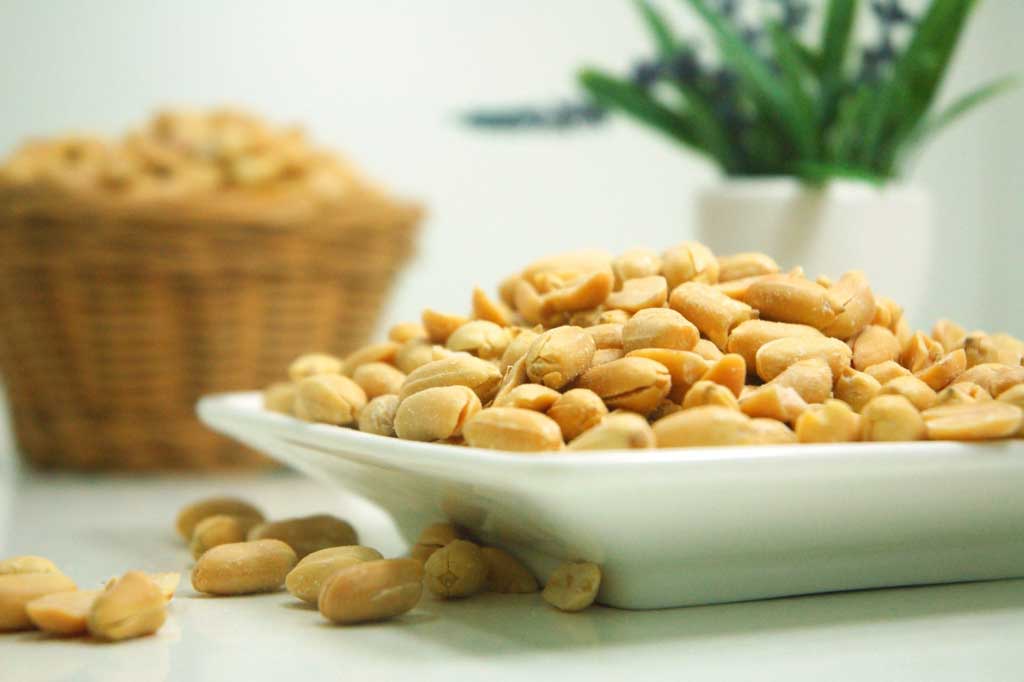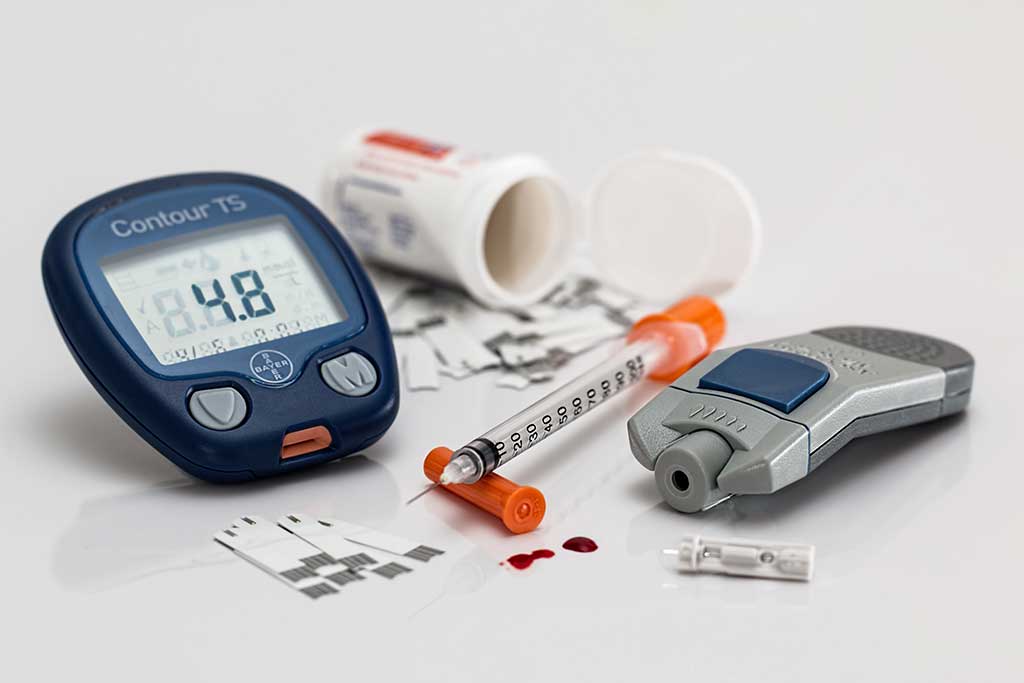Iron pills in pregnancy 'make babies healthier'
Medication
"Daily iron in pregnancy reduces small baby risk," BBC News reports, with a similar story in the Daily Express. The news stories follow a major review of the best available evidence on the link between...
"Daily iron in pregnancy reduces small baby risk," BBC News reports, with a similar story in the Daily Express.
The news stories follow a major review of the best available evidence on the link between use of iron supplements during pregnancy, and pregnancy and birth outcomes.
The pooled results suggest that, compared with no supplements, taking iron supplements increases the mother’s haemoglobin levels, and halves the risk of the mother becoming anaemic during pregnancy.
Supplements also resulted in the baby being on average 41.2g heavier at birth and reduced the risk of low birthweight by 19%. The findings showed a dose-response relationship, with higher doses being associated with lower risk of maternal anaemia and lower risk of low birthweight.
Overall, this offers evidence to back iron supplementation during pregnancy. However, this review focussed on low, middle and high income countries. Women do need increased iron during pregnancy, but in the UK, should be able to get all the iron they need in their diet (such as from leafy vegetables).
Currently, iron supplements are recommended if pregnancy blood tests show that the mother is anaemic. They are not routinely offered to all pregnant women due to the potential for side effects. Folic acid supplements are, however, recommended while trying to conceive and during the first 12 weeks of pregnancy.
Where did the story come from?
The study was carried out by researchers from Harvard School of Public Health, Harvard Medical School and Imperial College, London. Funding was provided by the Bill and Melinda Gates Foundation. Additional support came from the Saving Brains Program, Grand Challenges Canada Grant.
The study was published in the peer-reviewed, British Medical Journal.
The news stories provide a representative view of the findings.
What kind of research was this?
This was a systematic review and meta-analysis. It pooled the results from randomised controlled trials and observational cohort studies that examined the relationship between use of iron supplements during pregnancy, and pregnancy and birth outcomes.
The researchers say that iron deficiency is the most common cause of anaemia during pregnancy worldwide. Because of this, the World Health Organization recommends the use of antenatal iron supplements in low and middle income countries, and it is also recommended in some high income countries.
Observational studies are said to have found suggested links between iron deficiency anaemia and premature birth, and clinical trials have given inconclusive results on the link between iron levels and birth outcomes.
This review aimed to address this question by identifying all observational studies and clinical trials investigating the issue, and pooling the results in meta-analysis to see whether there is a link between use of iron supplements during pregnancy and haemoglobin levels in the mother and birth outcomes. A systematic review is the best way to examine the current evidence related to this issue.
What did the research involve?
The researchers conducted a search across medical databases up to May 2012, including randomised controlled trials in pregnant women investigating the use of daily oral iron or iron and folic acid supplements compared with inactive placebo pill or no treatment.
They excluded trials that investigated multiple vitamins or minerals, or in women with significant illnesses (such as mothers infected with HIV). Trials were required to have examined maternal outcomes such as anaemia (defined as haemoglobin <110g/l) and iron deficiency (defined as serum ferritin <12 micrograms/l), and birth outcomes, such as premature birth, birthweight and infant death around the time of birth.
Their search also included observational cohort studies that prospectively followed the association between baseline anaemia and birth outcomes.
The researchers assessed the quality of included studies, and pooled their results where possible, taking into account the differences between the findings of the individual studies (heterogeneity).
What were the basic results?
Findings from clinical trials
The researchers identified 48 randomised controlled trials (27 in high income countries and 21 in low/middle income) which included a total of 17,793 pregnant women.
Most of these trials (34) compared the use of daily iron supplements to no iron or placebo. Others compared iron in combination with folic acid to no treatment, or iron in combination with other micronutrients to the micronutrients without iron.
The dose of iron in the majority of included trials ranged from 10mg to 240mg daily. Duration of supplementation varied from seven or eight weeks through to 30 weeks during pregnancy.
When they pooled the results of 36 of these trials, they found that iron supplements increased the mother’s haemoglobin concentration by an average difference of 4.59g/l compared with the control groups (95% confidence interval (CI) 3.72 to 5.46g/l). Heterogeneity between these trials was non-significant, suggesting that all trials gave broadly similar results. When they pooled the results of 19 trials they found that iron supplements (with or without folic acid) significantly reduced the mother’s risk of anaemia by 50% (relative risk (RR) 0.50, 95% CI 0.42 to 0.59).
However, there were significant differences (heterogeneity) between these trials, suggesting that the results of the individual trials were quite different from each other for this outcome. When the researchers pooled trials looking at other markers of anaemia, eight trials also found that iron supplements (with or without folic acid) reduced risk of maternal iron deficiency by 41% (RR 0.59, 95% CI 0.46 to 0.79), and six trials found they reduced risk of iron deficiency anaemia by 60% (RR 0.40, 95% CI 0.26 to 0.60).
The researchers estimated that for every 10mg increase in iron intake per day, up to 66mg/day, the risk of maternal anaemia decreased by 12% (RR 0.88, 95% CI 0.84 to 0.92).
When they looked at trials examining birth outcomes they found that iron supplements led to a 19% reduction in risk of having a low birthweight baby (RR 0.81, 95% CI 0.71 to 0.93 from the pooled results of 13 trials).
They found that babies whose mothers were given iron supplements were an average 41.2g greater weight than babies of mothers not given iron (95% CI 1.2 to 81.2g difference). This was from the pooled results of 19 trials, which again did have quite high heterogeneity, suggesting that the results of the individual trials were quite different from each other.
They estimated that for every 10mg increase in iron intake per day, birthweight increased by 15.1g (95% CI 6.0 to 24.2g) and risk of low birthweight baby decreased by 3% (RR 0.97, 95% CI 0.95 to 0.98).
Iron supplementation was not found to have an effect on the risk of premature birth.
Findings from observational studies
Forty-four cohort studies were included (22 from high income countries), including 1,851,682 women. Anaemia was said to be variably defined by these studies, and measured at different times during pregnancy.
The pooled results of six of these observational studies found that anaemia during the first or second trimester of pregnancy was associated with a 29% higher risk of low birthweight baby (odds ratio (OR) 1.29, 1.09 to 1.53), but no significant association when considering only studies from high-income countries (OR 1.21, 95% CI 0.95 to 1.53).
Seven studies found that anaemia during the first or second trimester was associated with a 21% higher likelihood of premature birth (OR 1.21, 95% CI 1.13 to 1.30). The association between third trimester anaemia and premature birth was non-significant (OR 1.20, 95% CI 0.80 to 1.79), however, the results for these third trimester studies varied considerably.
How did the researchers interpret the results?
The researchers conclude that daily iron supplements during pregnancy increase maternal haemoglobin and substantially improve birthweight in a dose-response fashion, leading to a reduced risk of a low birthweight baby.
Conclusion
This was a well-conducted systematic review and meta-analysis. It looked at the findings from 48 randomised controlled trials, including almost 18,000 women, that reviewed the effects of iron supplementation during pregnancy (with or without folic acid) upon maternal anaemia during pregnancy and birth outcomes.
The pooled results of the trials provide good evidence that iron supplements increase the mother’s haemoglobin levels (by an average 4.59g/l compared with the control groups) and halve the risk of the mother becoming anaemic during late pregnancy or around the time of birth. Supplements also resulted in the baby being on average 41.2g heavier at birth and decreased the risk of the baby being of low birthweight by 19%.
The findings showed a dose-response relationship, with higher doses being associated with lower risk of maternal anaemia and lower risk of low birthweight.
There were, however, differences between the results of individual trials, possibly a result of the trials’ differing methods and included populations, meaning the risk reductions calculated may not be precise.
Evidence from observational cohort studies found an association between iron supplementation and lower risk of premature birth. However, the randomised control trials do not support this observation.
Randomised trials are the better study design to test the effect of an intervention, as cohort studies may be influenced by other confounding factors. This is because, for example, women in cohorts are choosing to take supplements, and their choice may be associated with other improved health and lifestyle factors, such as better diet, that improve outcomes for mother and baby.
The researchers acknowledge a further limitation of their review: that they lacked data for some outcomes (such as stillbirths, newborn illnesses and early death).
Overall, the study provides evidence to support the use of iron supplementation during pregnancy. However, the results of this review covers low, middle and high countries. It is true that women need increased iron during pregnancy, but woman should be able to get all the iron they need through their dietary sources (such as from leafy vegetables).
Current UK guidance recommends that iron supplements are considered if pregnancy blood tests show that the mother is anaemic. But iron supplements are not offered routinely to all pregnant women due to the potential for side effects. Folic acid supplements are, however, recommended while trying to conceive and during the first 12 weeks of pregnancy.






 Subscribe
Subscribe Ask the doctor
Ask the doctor Rate this article
Rate this article Find products
Find products






